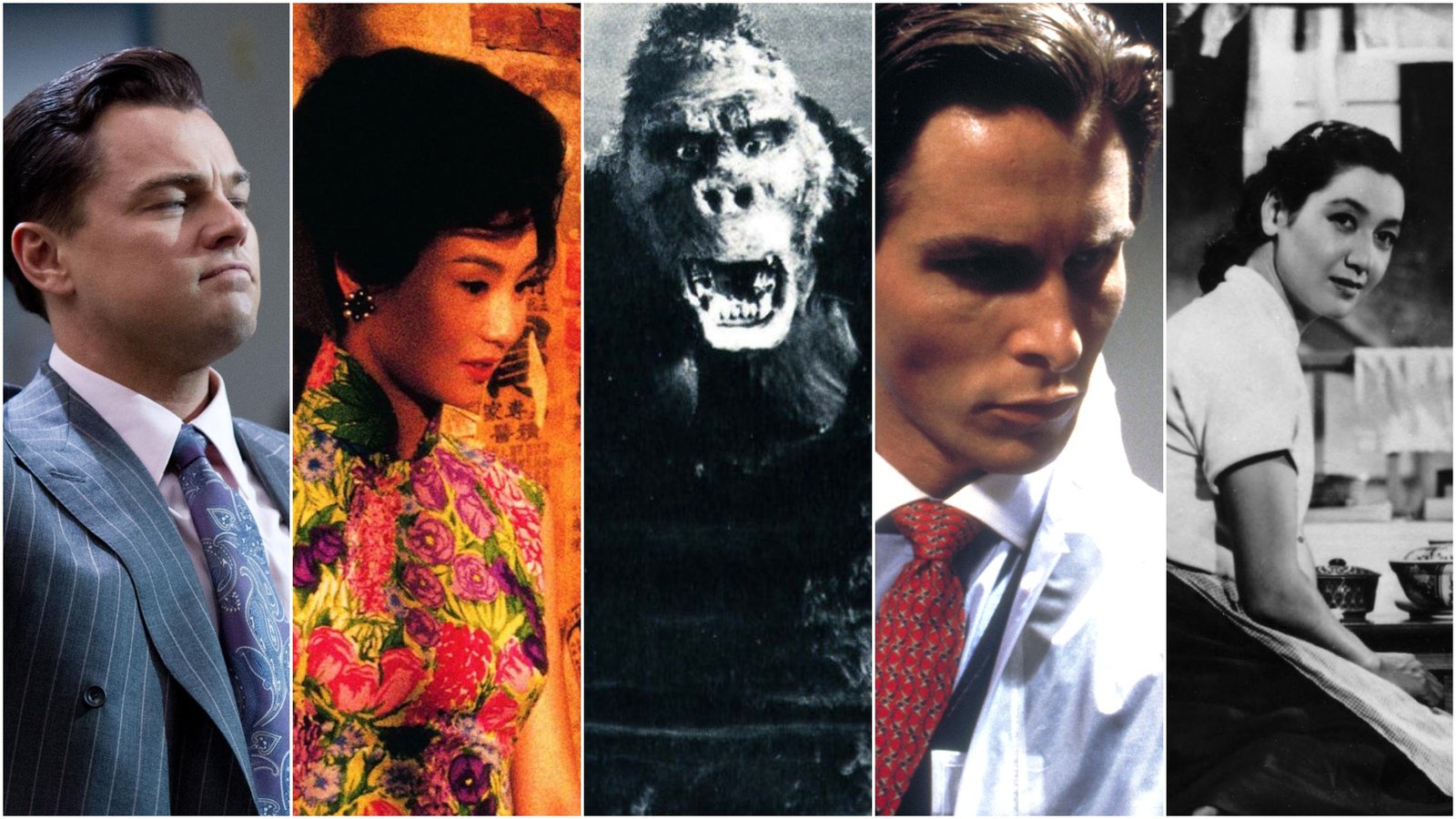After nearly a century of Oscar ceremonies, it’s inevitable that the Academy occasionally misses the mark when awarding the coveted Best Picture prize. Yet, in recent years, the Academy has made some commendable choices, including South Korean director Bong Joon-ho’s groundbreaking win for “Parasite” in 2020. However, there have been instances where the selections have sparked controversy or left audiences scratching their heads.
In 2017, the Oscars experienced a moment of chaos with the infamous Envelopegate incident. Initially, the musical “La La Land” was announced as the Best Picture winner, only for it to be revealed that the actual recipient was the indie drama “Moonlight.” This mix-up underscored the unpredictability of the awards ceremony and the importance of ensuring the correct film receives recognition.
Similarly, the 2019 Oscars saw “Green Book” take home the Best Picture award, despite criticism and backlash. Many felt that “BlacKkKlansman,” directed by Spike Lee, would have been a more deserving winner, given its powerful exploration of race relations and societal issues.
Looking back further in Oscar history, several instances stand out where the Academy’s choice for Best Picture diverged from what many consider to be the superior film. In 1942, “How Green Was My Valley” won over Orson Welles’ masterpiece “Citizen Kane,” a decision that is still debated among film enthusiasts today.
Similarly, in 1953, “The Greatest Show on Earth” triumphed over the iconic Western “High Noon,” starring Gary Cooper. While the former featured a star-studded cast, including Charlton Heston and Jimmy Stewart, the latter is regarded as one of the greatest films of its genre.
Throughout the decades, there have been numerous instances where critically acclaimed films were overlooked in favor of more commercially successful or less impactful works. For example, in 1967, “A Man for All Seasons” won Best Picture over Mike Nichols’ debut film “Who’s Afraid of Virginia Woolf?,” which showcased remarkable performances from Richard Burton and Elizabeth Taylor.
Similarly, in 1974, “The Sting” prevailed over “The Exorcist,” a horror masterpiece that continues to terrify audiences to this day. Despite both films receiving critical acclaim, “The Exorcist” is often regarded as the more enduring and influential work.
In more recent years, the Academy’s choices have continued to generate debate and controversy. In 2011, “The King’s Speech” won Best Picture over “Black Swan,” a visually stunning and psychologically intense film directed by Darren Aronofsky. Many believed that “Black Swan” deserved recognition for its bold storytelling and Natalie Portman’s mesmerizing performance.
Likewise, in 2019, “Green Book” emerged victorious over “BlacKkKlansman,” prompting criticism for its simplistic portrayal of race relations. Spike Lee’s film, on the other hand, was praised for its incisive commentary and compelling narrative.
Ultimately, the Oscars have occasionally faltered in their selection of Best Picture winners, but these missteps have sparked important discussions about the value of art and the criteria for awarding cinematic excellence. As the 96th annual Academy Awards approaches, it’s worth reflecting on past choices and considering the films that truly deserve to be celebrated for their artistic merit.
